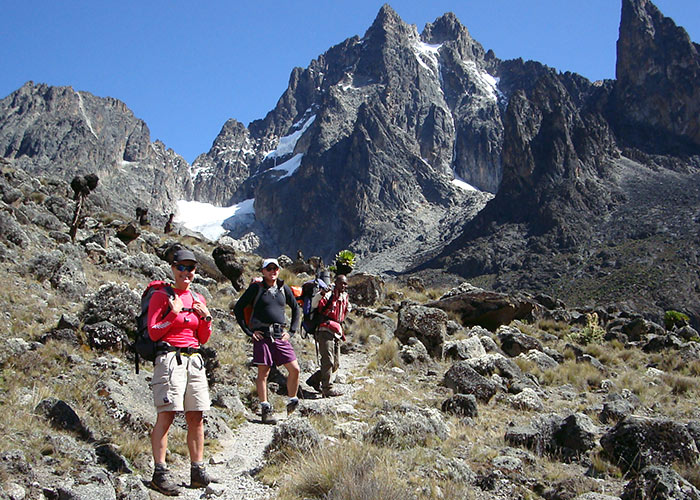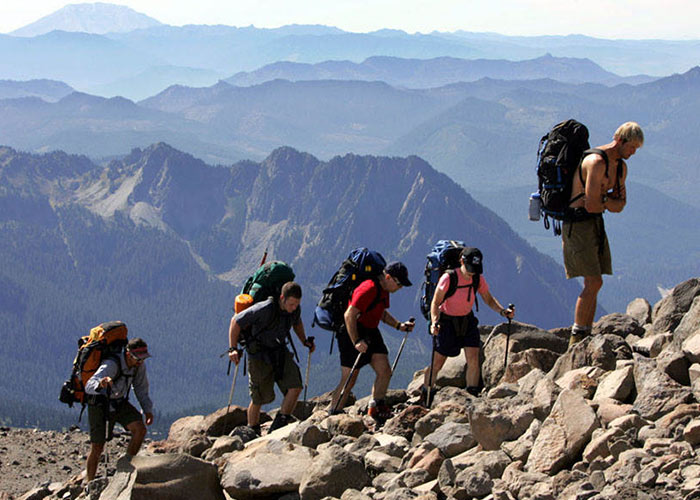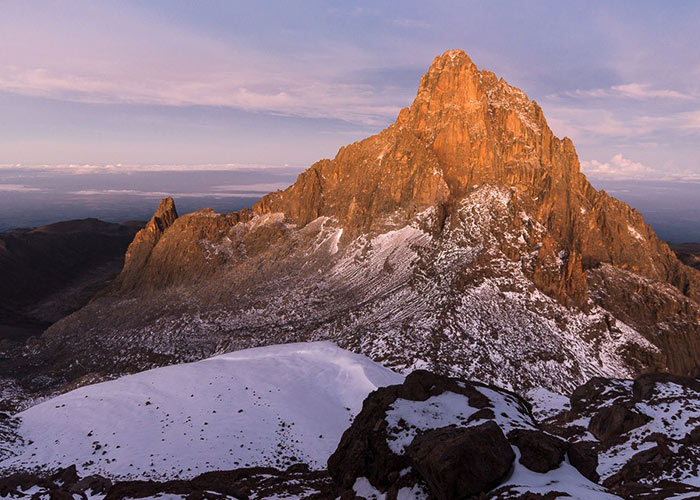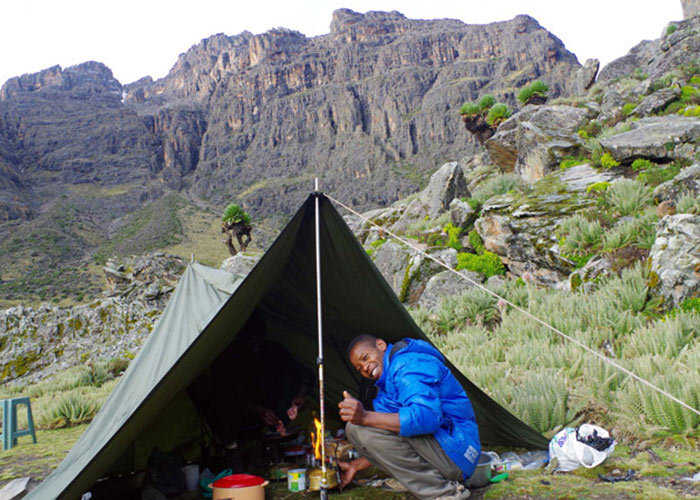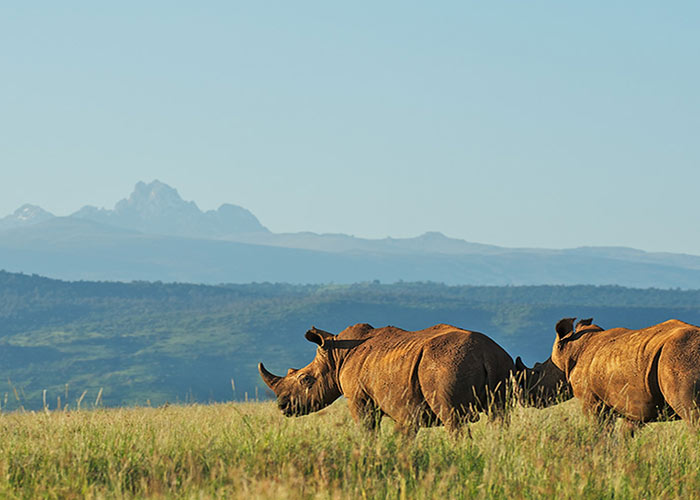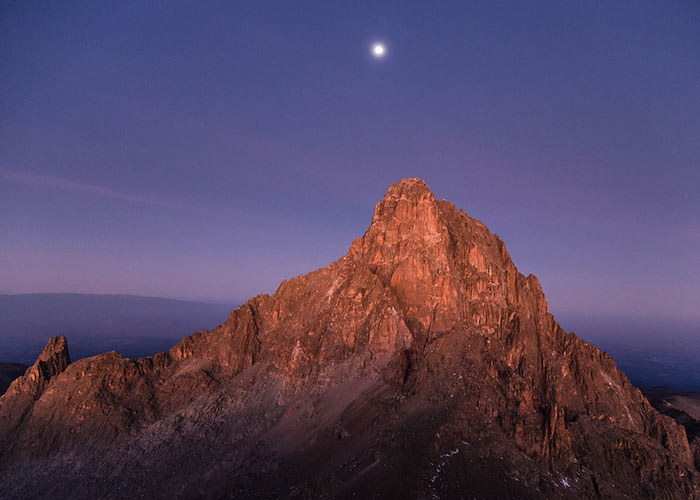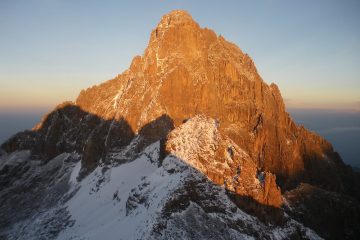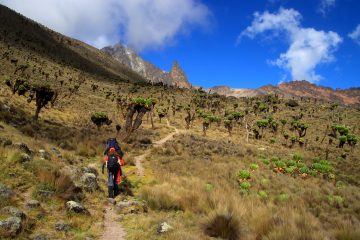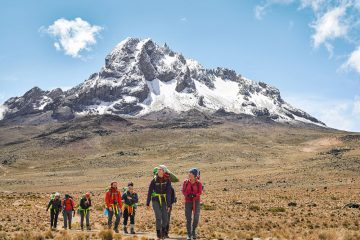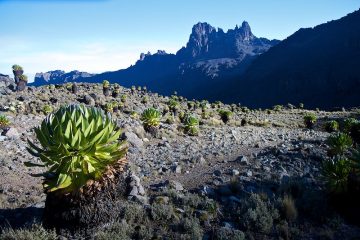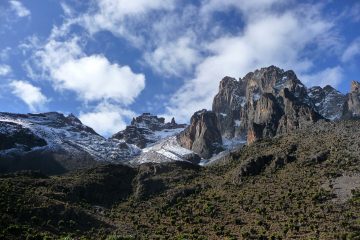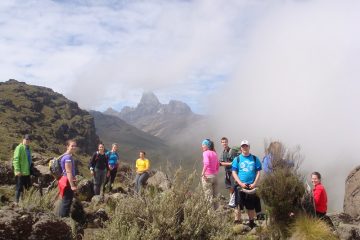Kenya is an incredible destination to visit if you want to see wildlife and see a beautiful and diversified terrain. There are equatorial glaciers, huge mountains, and vast plains can be found.
Many visitors to Kenya choose to go on a safari, where they may see rhinos, elephants, and lions. Mount Kenya, an amazing mountain that provides both day treks and more challenging expeditions, is a great place for hikers to discover adventure.
Kenya boasts lovely beaches that welcome visitors who want to rest or participate in water activities like as diving and snorkeling.
Kenya’s cultural variety is equally noteworthy, with more than 40 ethnic groups each with their own distinct traditions.
Do I Need Vaccines for Kenya?
Yes, some immunizations are recommended or necessary for travel to Kenya. Hepatitis A, B, typhoid, cholera, yellow fever, rabies, meningitis, polio, measles, mumps, and rubella (MMR), Tdap (tetanus, diphtheria, and pertussis), chickenpox, shingles, pneumonia, and influenza are among the vaccines recommended by the CDC and WHO for Kenya.
COVID-19 immunization is advised for all international and internal travel. If vaccination is available in your region, check with your local Passport Health facility.
Recommended Travel Vaccinations for Kenya | ||
| VACCINE | HOW DISEASE SPREADS | DETAILS |
|---|---|---|
| COVID-19 | Airborne & Direct Contact | Recommended for all unvaccinated individuals who qualify for vaccination |
| Hepatitis A | Food & Water | Recommended for most travelers |
| Hepatitis B | Blood & Body Fluids | Recommended for travelers to most regions. |
| Typhoid | Food & Water | Recommended for travelers to most regions. |
| Cholera | Food & Water | Cases have been reported in multiple regions throughout 2018 and 2019. Vaccination is recommended for long-term, humanitarian and healthcare travelers. |
| Yellow Fever | Mosquito | Required if traveling from a region with yellow fever. Recommended for all travelers over 9 months of age, except if traveling to North Eastern and Coast Province; Kilifi, Kwale, Lamu and Malindi states; and the cities of Mombasa and Nairobi |
| Rabies | Saliva of Infected Animals | High-risk country. The vaccine is recommended for long-term travelers and those who may come in contact with animals. |
| Meningitis | Airborne & Direct Contact | Located in the meningitis belt, vaccination is recommended during the dry season (Dec. – June) |
Do I Need a Visa to Visit Kenya?
Prior to travel, make sure you check with your transportation company about any passport requirements. This is important as in some cases their regulations on passport validity may be more strict than those of the destination country.
Both, a visa and a passport are required to enter Kenya. Your passport must be valid for at least six months beyond the date of departure.
Proof of immunization against yellow fever might be required.
Travelers must have a passport that is valid for at least three months past the intended date of departure.
Kenya Entry Requirements | ||
| DO I NEED A… | FOR MY TRIP TO KENYA? | |
|---|---|---|
| Passport | Yes | |
| Tourist Visa | Yes | |
| Business Visa | Yes ( Only if you are coming to work) | |
| Vaccinations | Yes | |
What Is the Climate Like in Kenya?
Kenya has a tropical climate, however, the weather and temperature vary depending on the region. The average high temperature in Nairobi is in the 70s, with low temperatures in the 50s. Kenya’s temperatures are quite constant throughout the year.
Wet season: November to May is the rainy season. The strongest rain generally falls between March and May, and the whole season is characterized by heavy humidity. Temperatures in the 80s are common during the day.
Dry season: June through October is the dry season. The dry season in Kenya is the coolest. The lowest temperatures are frequently in the 50s. Temperatures will be cooler at higher elevations.
What vaccinations do I need for Kenya?
Those traveling to Kenya from Europe or North America do not need to have a yellow fever vaccine or certificate. If you arrive from somewhere in the yellow fever zone of Africa or South America, you may be asked for one. Tetanus, polio, and diphtheria vaccinations are recommended, as are immunisations against hepatitis A and B, diphtheria, rabies, typhoid, cholera, and TB.
Mountain Health
Sunburn and snowblindness are particularly prevalent due to the intense equatorial light and thinner air. Sun protection is important for your skin and eyes. Hypothermia and altitude disease are exacerbated by dehydration. Drink 4 to 6 liters of water each day. The ideal way to prepare your body for the demanding alpine climate is to eat a high-carbohydrate diet complemented by other meals.
For the first night over 4,000 m, headache and moderate nausea are usual altitude symptoms (13,000 ft).
Dress appropriately, eat appropriately, and drink appropriately – following these principles might save your life. Visitors to Mt. Kenya may be affected by extremes of heat, cold, wind, and sun.
Temperatures range from 30 degrees Celsius (90 degrees Fahrenheit) to 15 degrees Celsius (0 degrees Fahrenheit). Hypothermia, often known as exposure, is a dangerous drop in body core temperature. It may happen in temperatures as high as 10°C (50°F) in the air. Sunglasses with UV protection and dark lenses should be worn.
Hypothermia or Exposure on Mount Kenya
Clumsiness, stumbling indifference, lethargy, lack of enthusiasm and cognitive capacity, confusion, and unconsciousness are signs and symptoms.
Early detection and vigorous actions to thaw the hypothermic person are required for treatment. Look for a place to stay. Wet garments should be removed. Make the victim’s surroundings warm and dry. Place the victim in a sleeping bag with one or two other persons who have been stripped down to their underwear. Drinking warm, high-calorie drinks like cocoa will aid if the person is able. The hypothermic individual will require rest and should be removed off the mountain. (For further information, check below)
Sunburn and snowblindness are particularly prevalent due to the intense tropical light and thin air.
Sun protection is important for your skin and eyes. Hypothermia and altitude disease are exacerbated by dehydration. Drink between 4 and 6 liters of water every day. The ideal way to prepare your body for the demanding alpine climate is to eat a high-carbohydrate diet complemented by other meals.
Related: Vaccinations needed to visit Tanzania of Mount Kilimanjaro Treks


